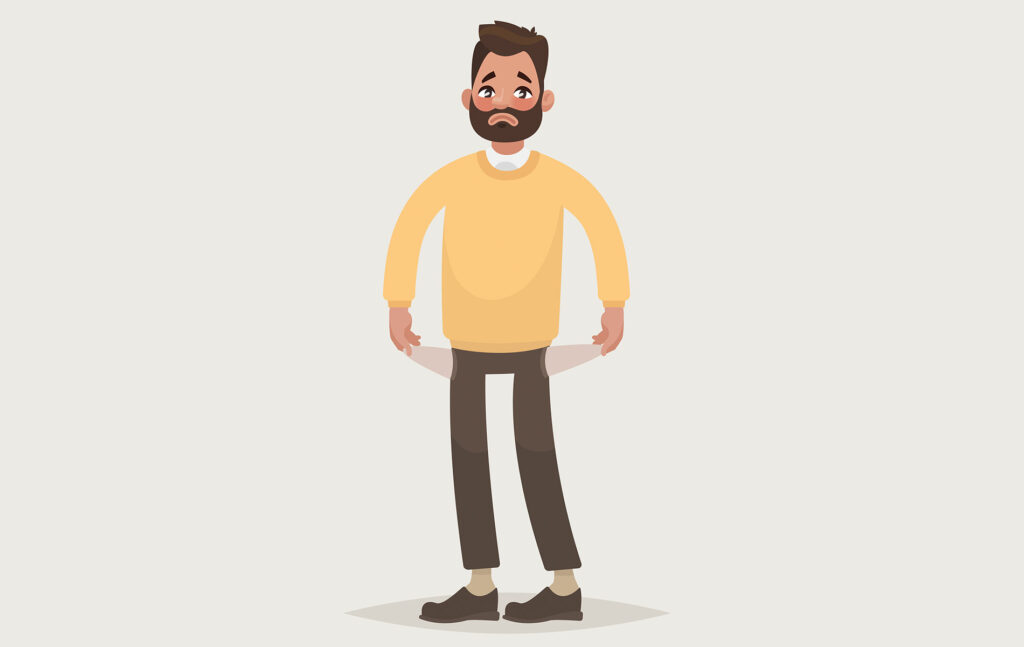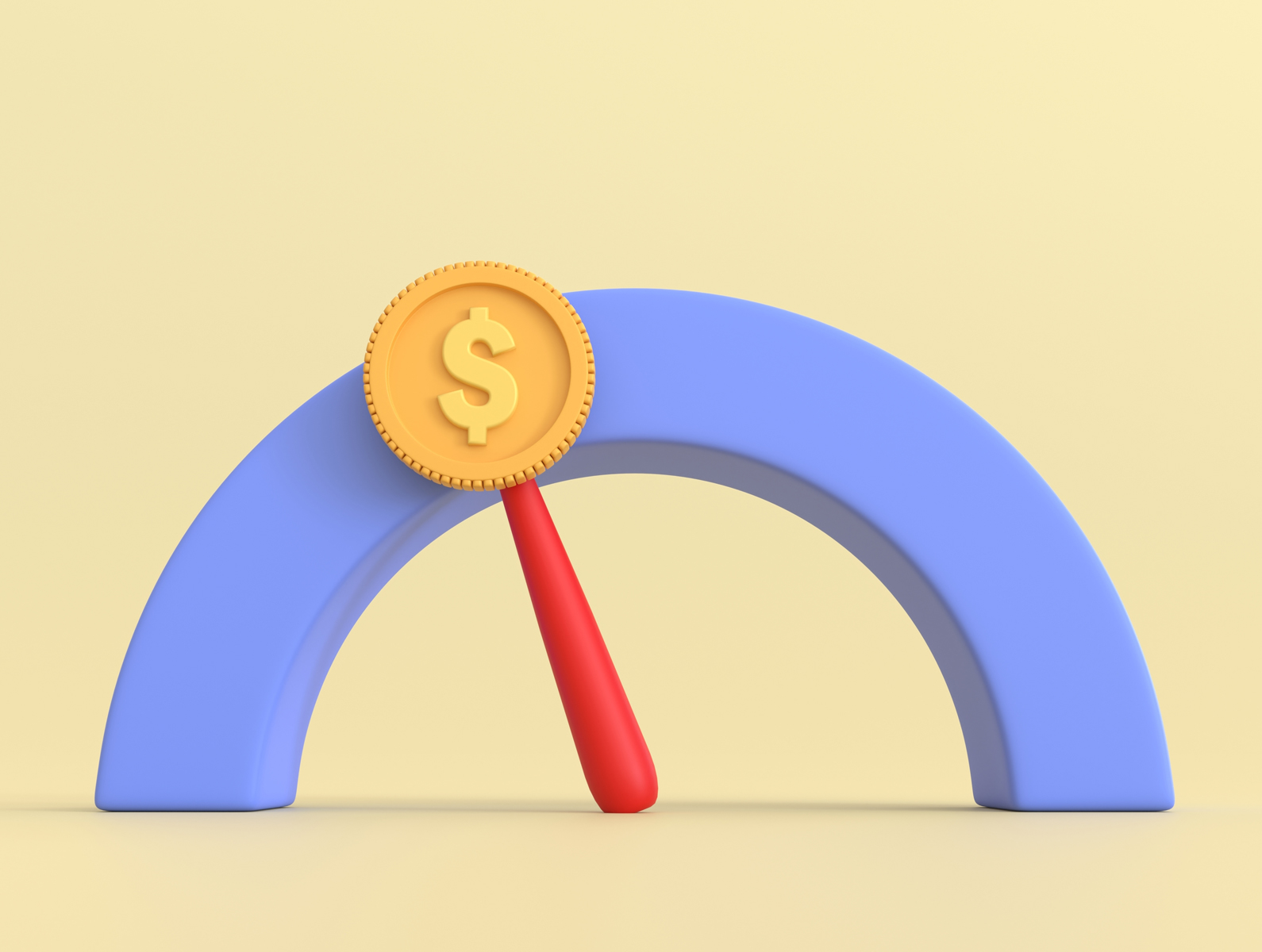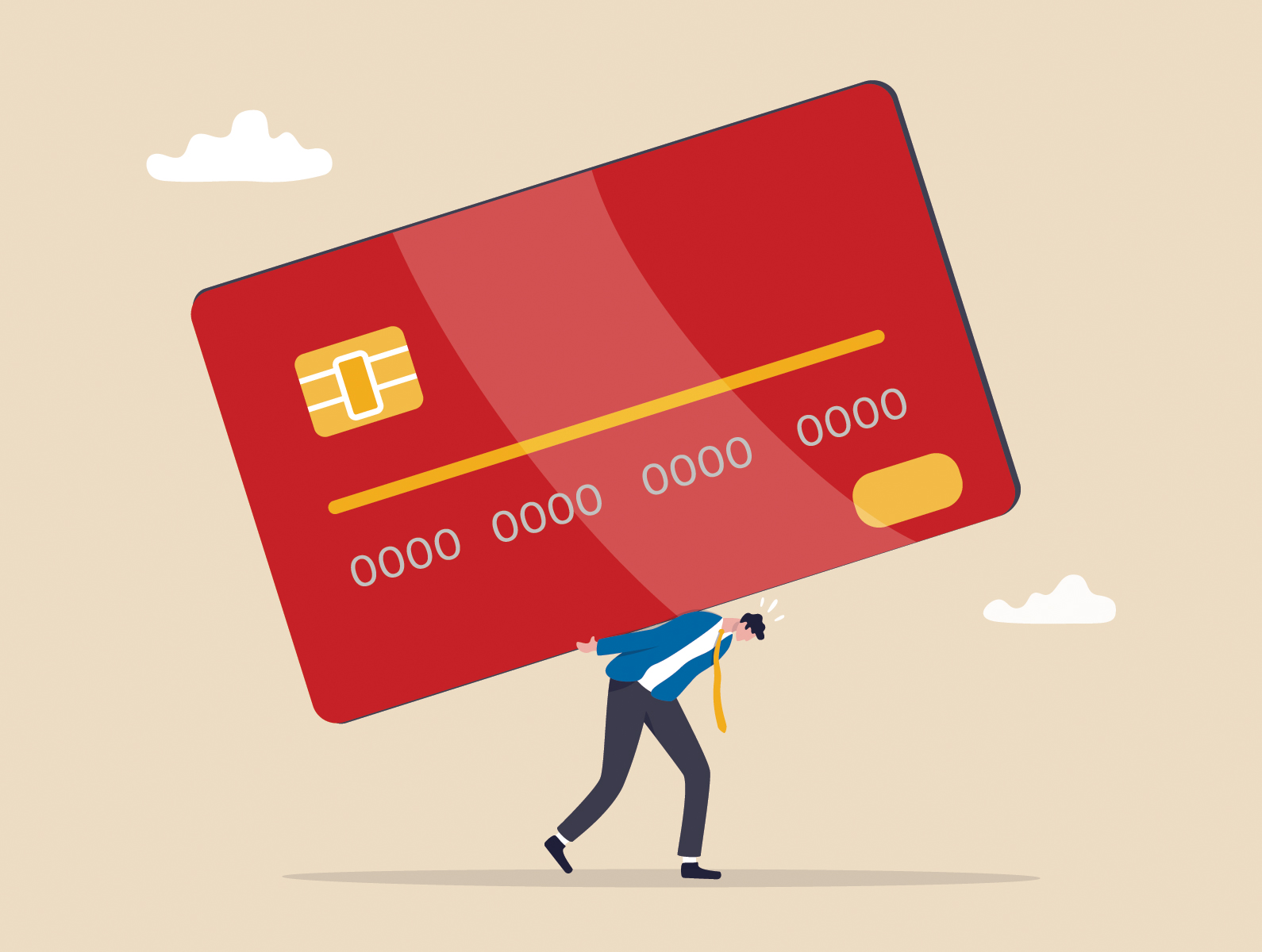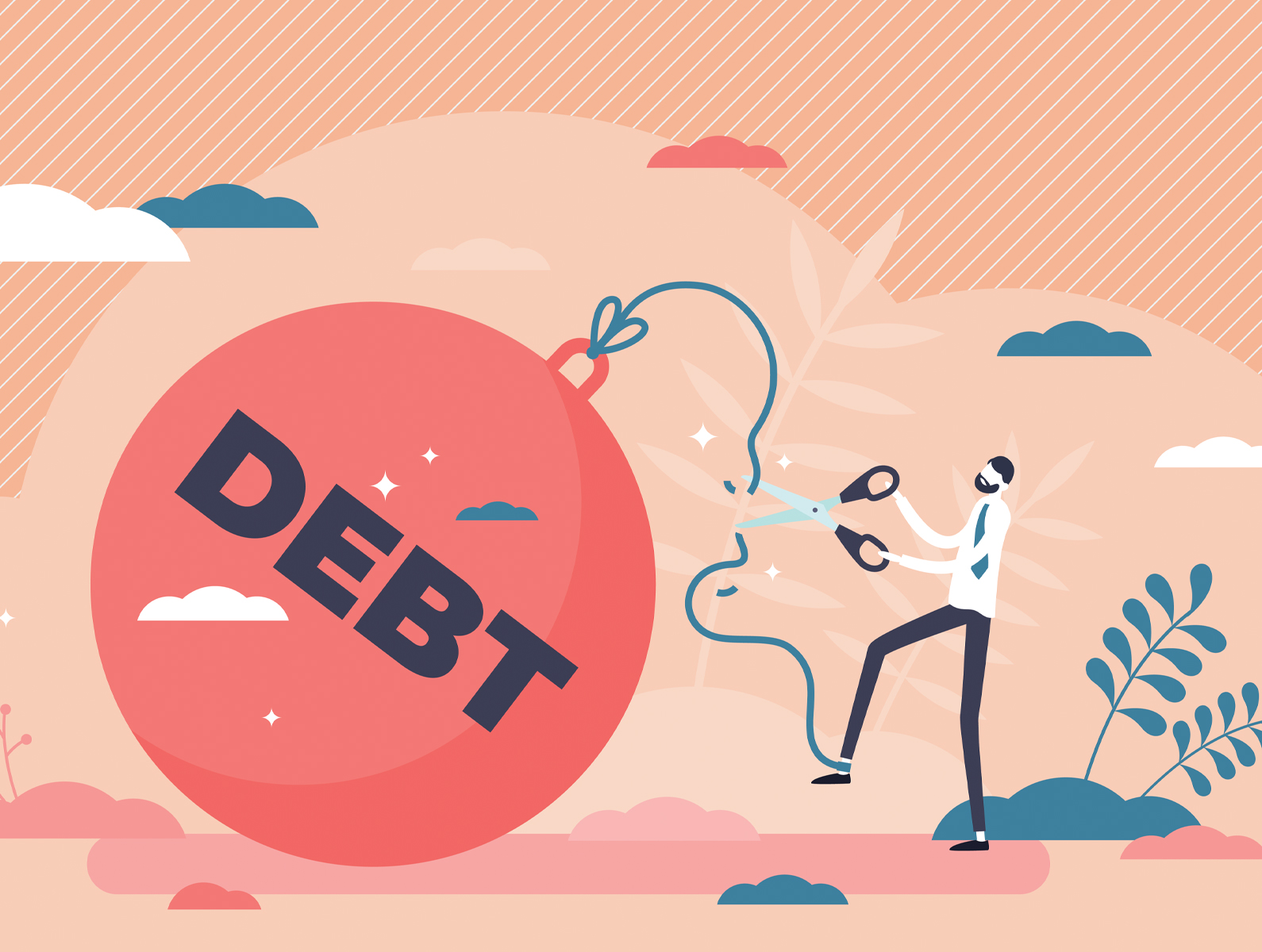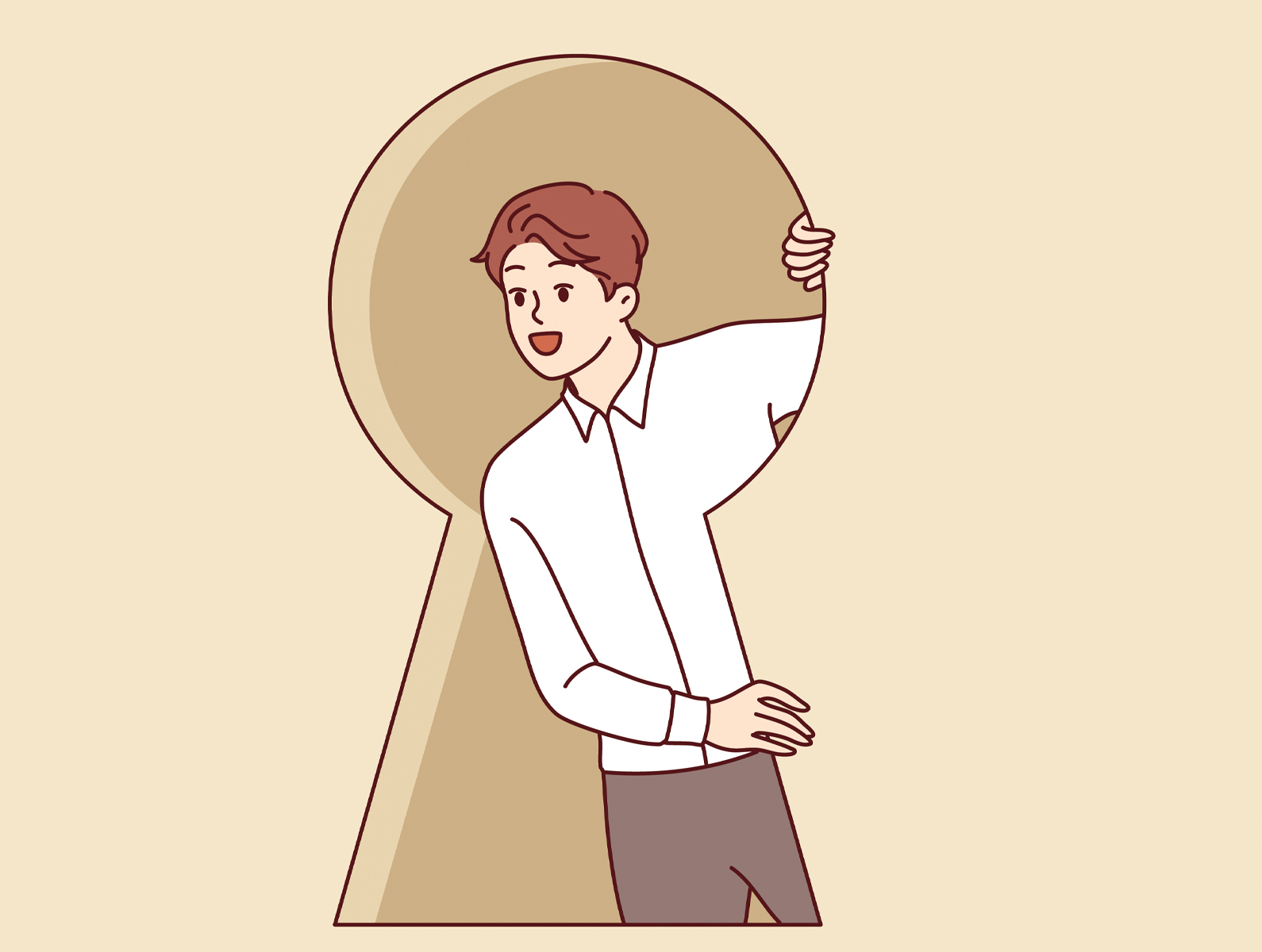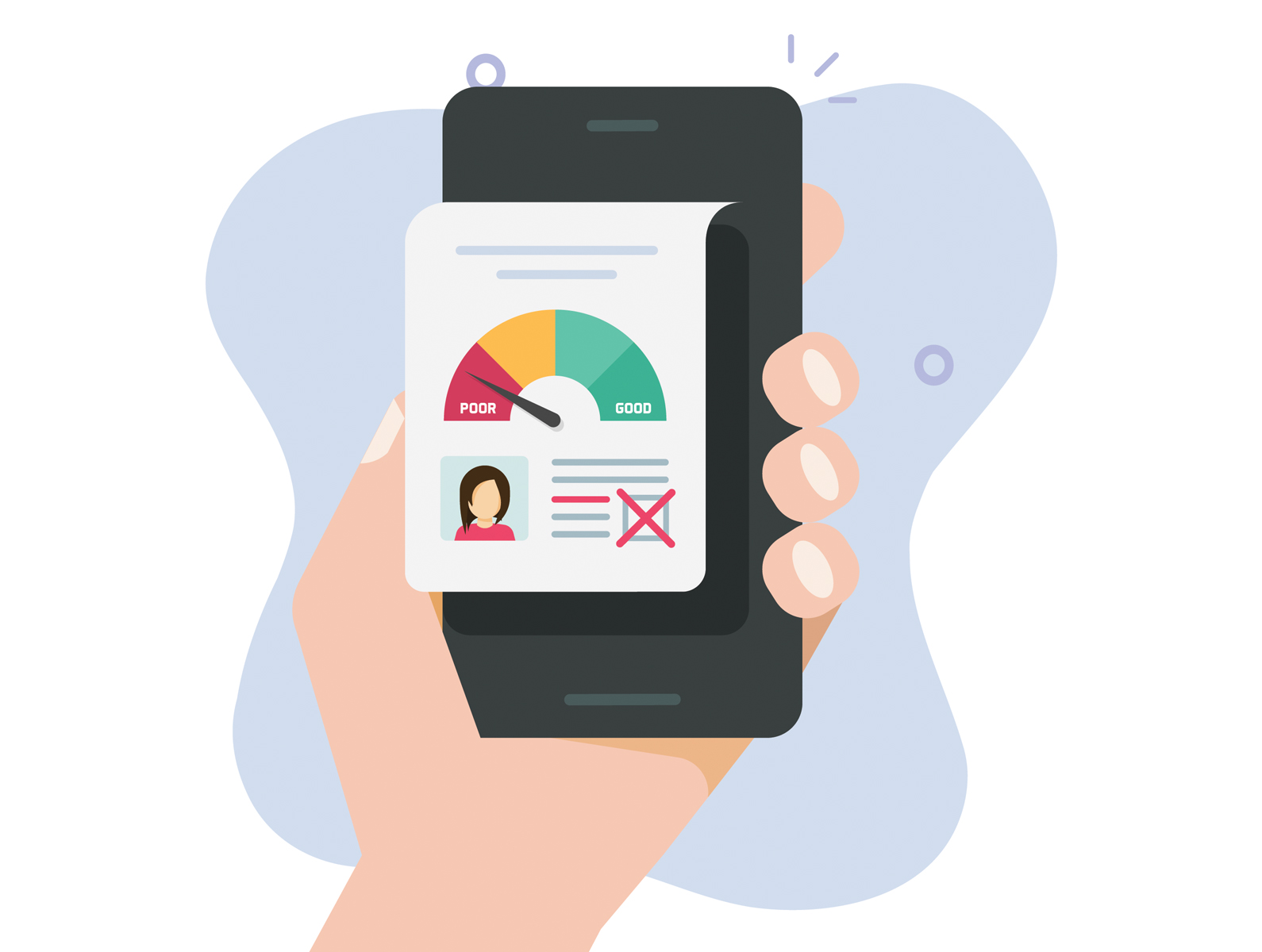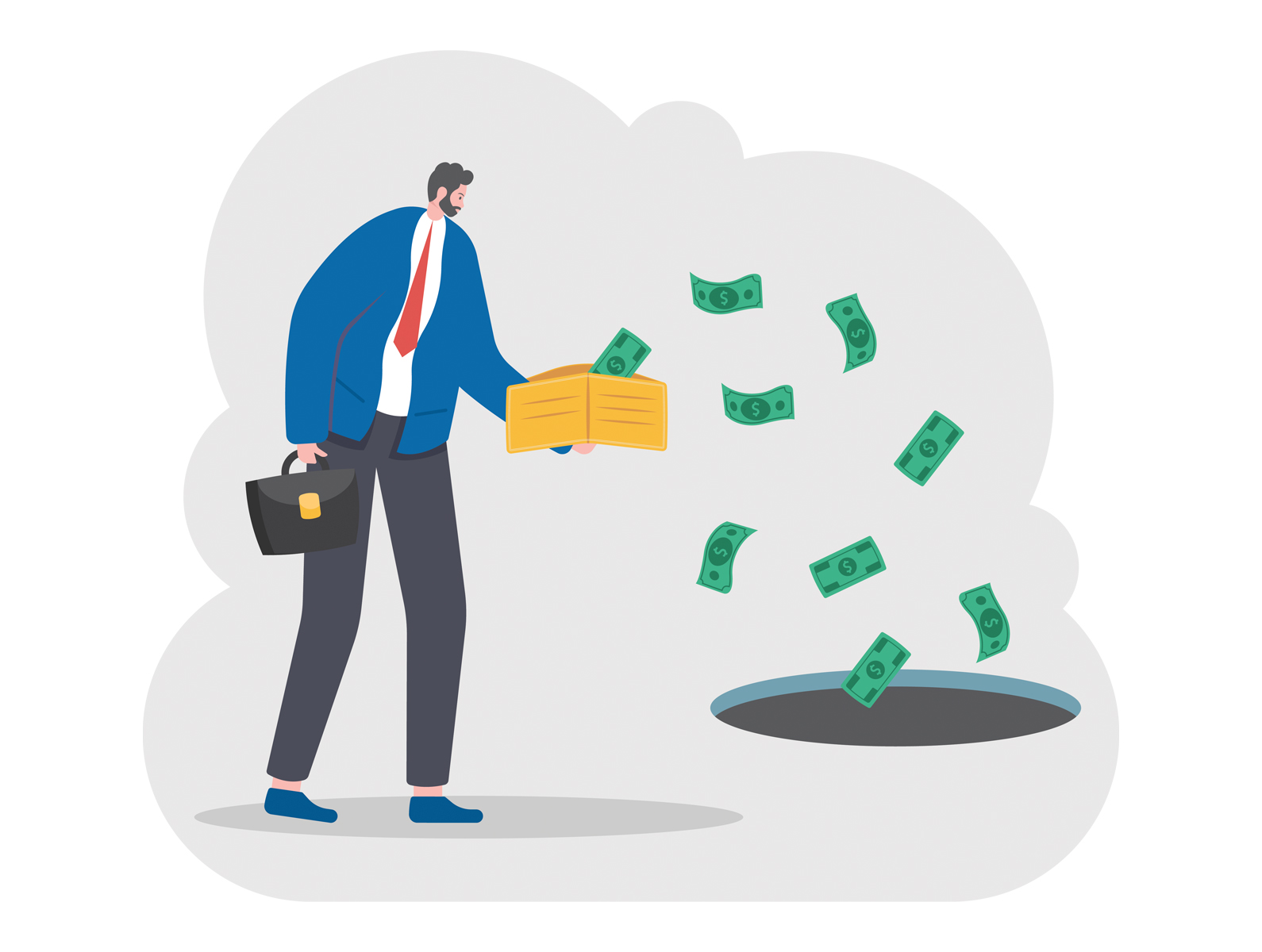Sometimes life throws something unexpected at you. And sometimes that unexpected thing comes with a hefty price tag.
Your washing machine breaks and you need a new one. Your car needs a new radiator. Your dog needs an operation. All of these will probably cost more than $1000. Could you access that money today without going into debt?
If you don’t have an emergency fund to fall back on when these unexpected things come up, you could end up going into debt. Going into debt unexpectedly causes significant financial hardship for a lot of New Zealanders.
Having debt limits your disposable income (the amount of money you have available to spend after fixed expenses go out), and can cost you more if you’re being charged interest.
The best way to stay financially healthy is to avoid taking our an emergency loan. Having an emergency fund is a great way to do that.
How much should I have in my emergency fund?
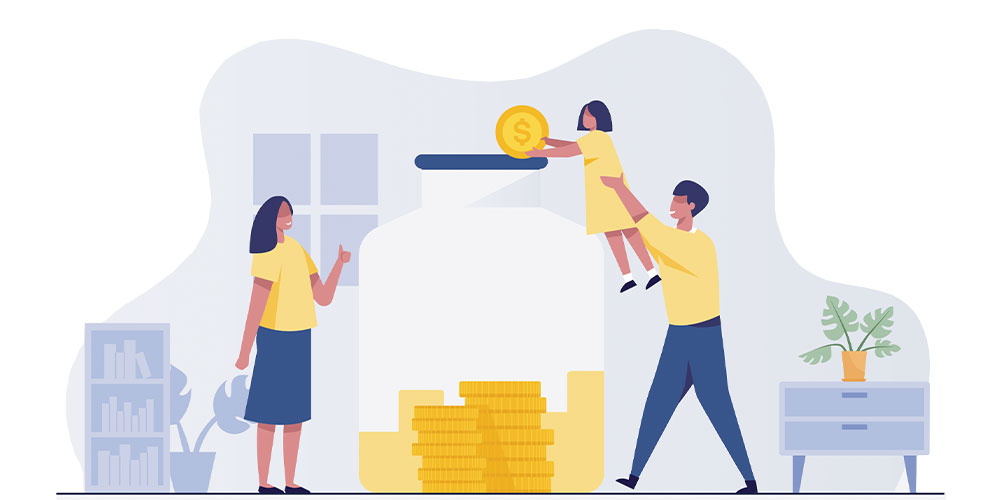
Your emergency fund should have enough for at least three months’ of household expenses.
That amount will vary depending on your situation, but on average, a single person’s household expenses will be around $3,000-4,000 per month, while a family of four can expect to spend $5,000-$6,000 a month.
That means a single person needs to have at least $12,000 in their emergency fund, while a family of four needs at least $20,000.
How to get started
If money’s already tight, you may be thinking there’s no way you could possibly save that much money. Just keep in mind that you don’t have to save it all right now – your emergency fund can be built up over time.
It’s good to start with something, so try to put at least $1,000 into your emergency fund as soon as you can. If you don’t have it right now, you could sell some things you don’t need, or work a few extra hours if you can.
Getting this figure in your savings will be a huge boost to your confidence and help you believe that you can achieve your goal.
How to build your emergency fund
Once you’ve made a start, it’s time to keep adding. Only save what’s comfortable – if you make life too difficult for yourself by trying to save too much, you’ll hate it and give up.
Saving must be rewarding if you’re going to stick to it, so choose a figure to save each week or month from your income. Putting aside 2% of your wage, for example, might be a manageable place to start. If you earn $1,000 per week, for example, that’s $20 a week.
Make an automatic transfer from your main bank account into your savings account, so you don’t even have to think about it.
How long will it take to save my emergency fund?
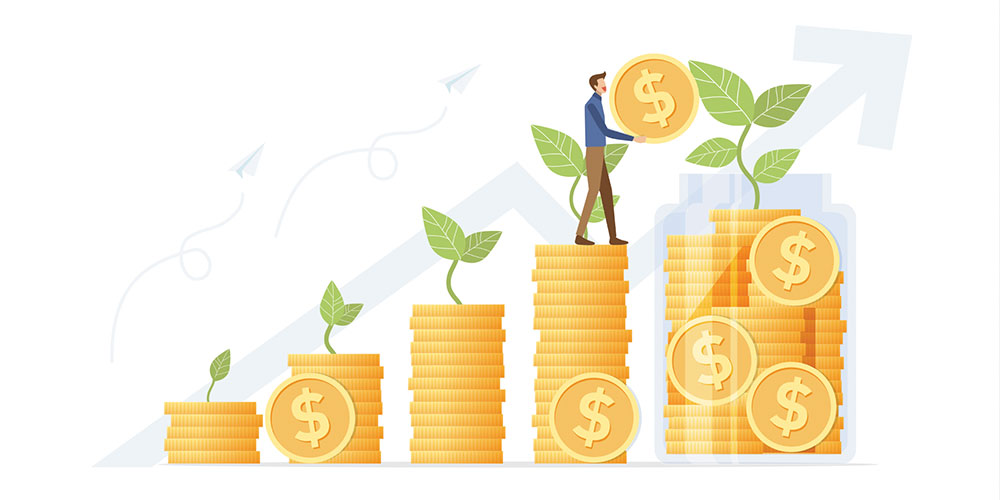
Building an emergency fund is a long-term goal. We’re not looking for quick fixes here. Deciding on a time frame to have your emergency fund saved depends on how much disposable income you have.
Maybe five years is a reasonable time frame for you to save your three months’ expenses. Or perhaps you could do it in a few months.
Work out how much you can set aside each pay period and calculate the time frame from there. So, if your goal is to save $13,000 and you can save $50 a week, you can achieve that in five years.
Consider a debt consolidation loan
If you’re in debt and much of your disposable income goes towards paying that off, you won’t have much left to save towards your emergency fund.
Have a chat to the experts at Loansmart about how they can help you make repayments more affordable.
As loan brokers, they can get you the best deal from a range of different lenders. Our advisers are trained to consider all the options and recommend the best one for you and your situation.
With less of your income going towards servicing your debt, you can free some up to go towards building up your emergency fund.
Save your tax refund
Some New Zealanders get a nice little present from the IRD each year in the form of a tax refund. How much you get depends on your situation, but whatever the figure is, your first impulse will probably be to splurge on it.
If you can resist that impulse, your emergency fund will get a welcome boost. If you are lucky enough to get a tax refund, try to put at least some of it into your emergency fund.
What your emergency fund should be used for
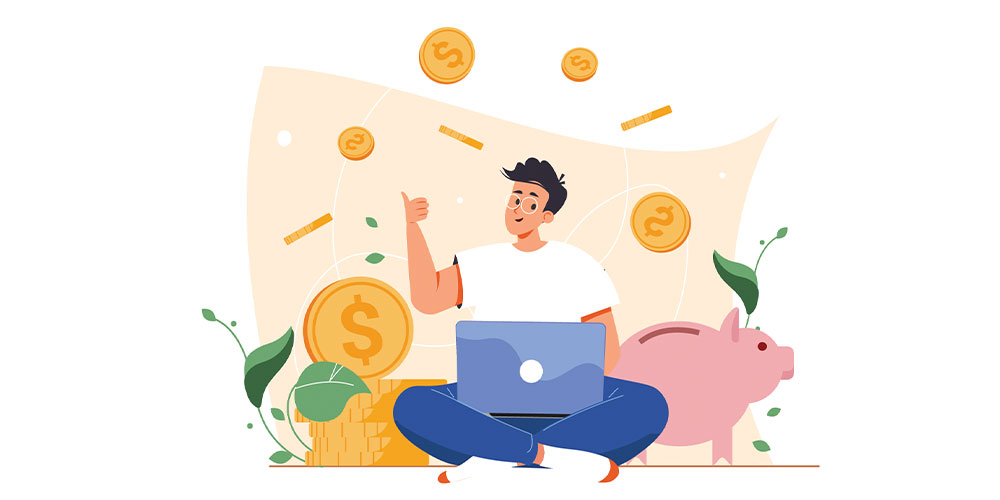
You have to be very clear with yourself about what you can and cannot use your emergency fund for. Your emergency fund is only to pay for unexpected bills that you otherwise wouldn’t be able to pay.
It’s for things you absolutely need in order to live, not for optional luxuries. For example, getting your car fixed so you can get to work is a great reason to dip into your emergency fund. Buying tickets to see a concert is not.
Where to keep your emergency fund
It’s a good idea to store your emergency fund in a bank account you can’t easily access. The temptation to spend will be real once you’ve got some decent money saved, so you want to limit your ability to do that.
You could open an account with a different bank, and ask to not have an EFTPOS or debit card for that account. That means you can only access it via online banking, and makes it a bit harder to spend it impulsively.
Making saving a habit
One of the reasons it’s so hard to save is that buying stuff feels good.
When you go to the mall and buy a new pair of shoes, or a courier package turns up from your last online shopping session, your brain rewards you with a hit of dopamine.
This gives you some good feelings for a while, encouraging you to repeat the behaviour again. The problem is, there are only so many times you can rely on spending to get your dopamine fix before you’re in a bad financial situation.
Making spending a habit – which so many of us do! – is a sure way to get stuck in a cycle of debt, where you have to keep borrowing money to fuel your spending habits.
Instead, by making small changes to how you manage your money, you can make saving a habit instead.
For example, whenever you’re about to buy something you don’t need, resist the urge to buy it and divert that money into your savings account. You’ll be amazed at how quickly you have $100 in there, and then $500.
Enjoying the freedom that comes with saving
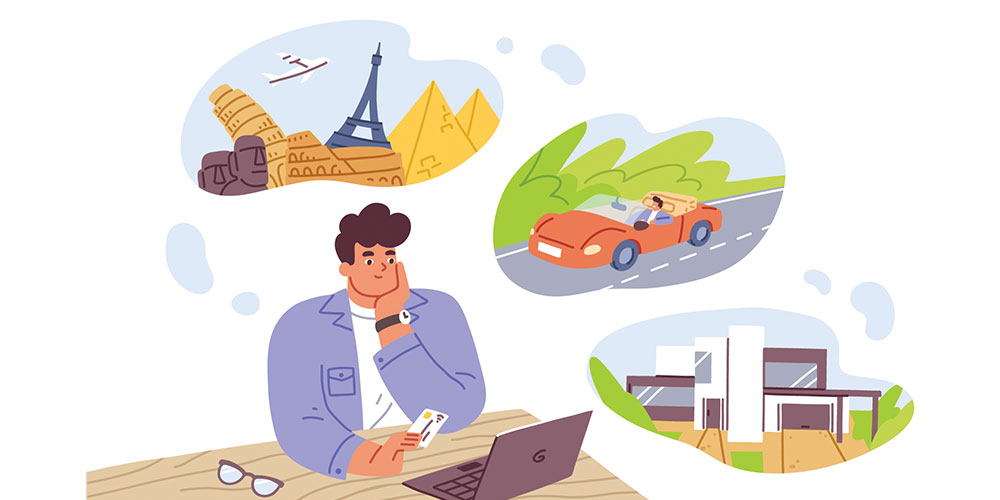
When you reach your emergency fund goal, you’ll enjoy feeling a bit more relaxed about life. Worries about money are a significant source of stress, especially when unexpected expenses come up.
Once you’ve got your emergency fund, you’ll no longer have to suffer that stress because you know you’re covered. What’s more, you can then start saving for things you want, not just what you need. You can splurge a little on luxuries, and enjoy some of the finer things in life.
This is the reward you must keep in mind as you work towards your savings goal.
How Loansmart can help you achieve your goals
Loansmart makes it easy for you to access smart loans tailored to your situation. If need an emergency loan now, don’t worry – we can help. Our goal is to help you find an affordable solution, so you can still build up an emergency fund.
Get loan smart with our online process, which takes just 3 minutes. Our team will work quickly to get you options from a range of low-cost lenders.
We give you trusted, experienced advice for all your borrowing needs. As the first loan broker to join the Financial Services Federation, we’re committed to doing what’s best for our borrowers.
With loan periods from 6 to 84 months, we can get you a fair, affordable loan that’s right for you. Get in touch with us today to talk about how we can get you a smarter loan, faster.


